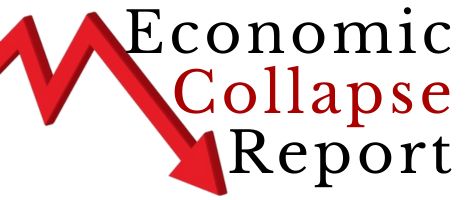Asset managers that acquire an influential stake in banking institutions must be kept in check, according to Rohit Chopra, director of the Consumer Financial Protection Bureau (CFPB).
“Today, very large investment managers, like BlackRock and Vanguard, own significant stakes in commercial enterprises across the economy,” said Chopra in a Dec. 30 statement. “They also own stakes in insured banks,” he said, referring to banks whose deposits are insured by the Federal Deposit Insurance Corporation (FDIC).
Investment enterprises characterize their involvement with portfolio companies as “passive”—that they won’t exercise controlling influence over a bank. However, “if these firms are not truly ‘passive,’ they may be in violation of longstanding statutes, including those related to banking,” he said.
For instance, FDIC-insured banks are prohibited from steering cheap loans to their commercial affiliates. In addition, bank insiders like major shareholders cannot be given special loan rates that are not available to others.
“Given their extraordinary ownership of commercial interests, these fund managers should not be improperly influencing the decisions of FDIC-supervised banks,” Chopra said.
To ensure this remains the case, the FDIC issued an amended advisory opinion clarifying that “large ‘passive’ asset managers may not have or seek to have one of their representatives serve as a member of a bank’s board of directors when they have a significant ownership stake in the bank. If they do, they risk violating federal law.”
Chopra highlighted the recent “passivity agreement” signed between FDIC and investment company Vanguard.
According to a Dec. 27 statement from Jonathan McKernan, director of the FDIC, there are doubts on whether index fund entities are “truly passive,” and whether these entities push environmental, social, and governance (ESG) agendas on public companies.
The deal with Vanguard “is a good step in the right direction.” The agreement specifies what it means to be a passive investor for the investment adviser in FDIC-supervised banks or their holding entities. […]
— Read More: www.theepochtimes.com


